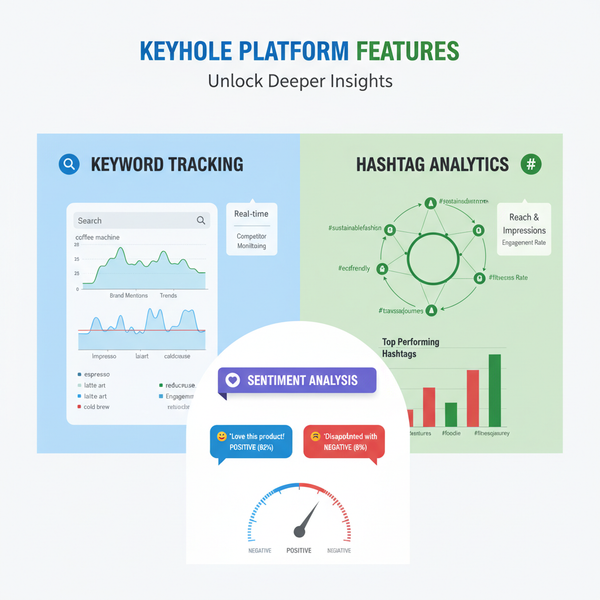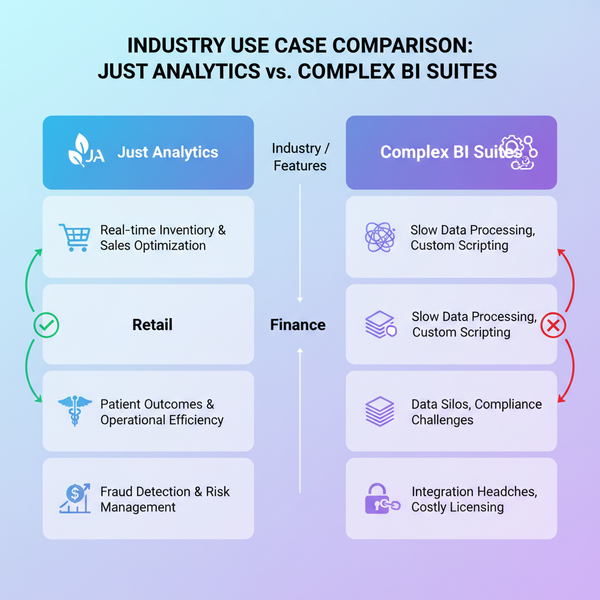How to Curate Pictures of Best Moments and Events
Learn how to curate and optimize photos of best moments and events to boost engagement, enhance storytelling, and improve search visibility.
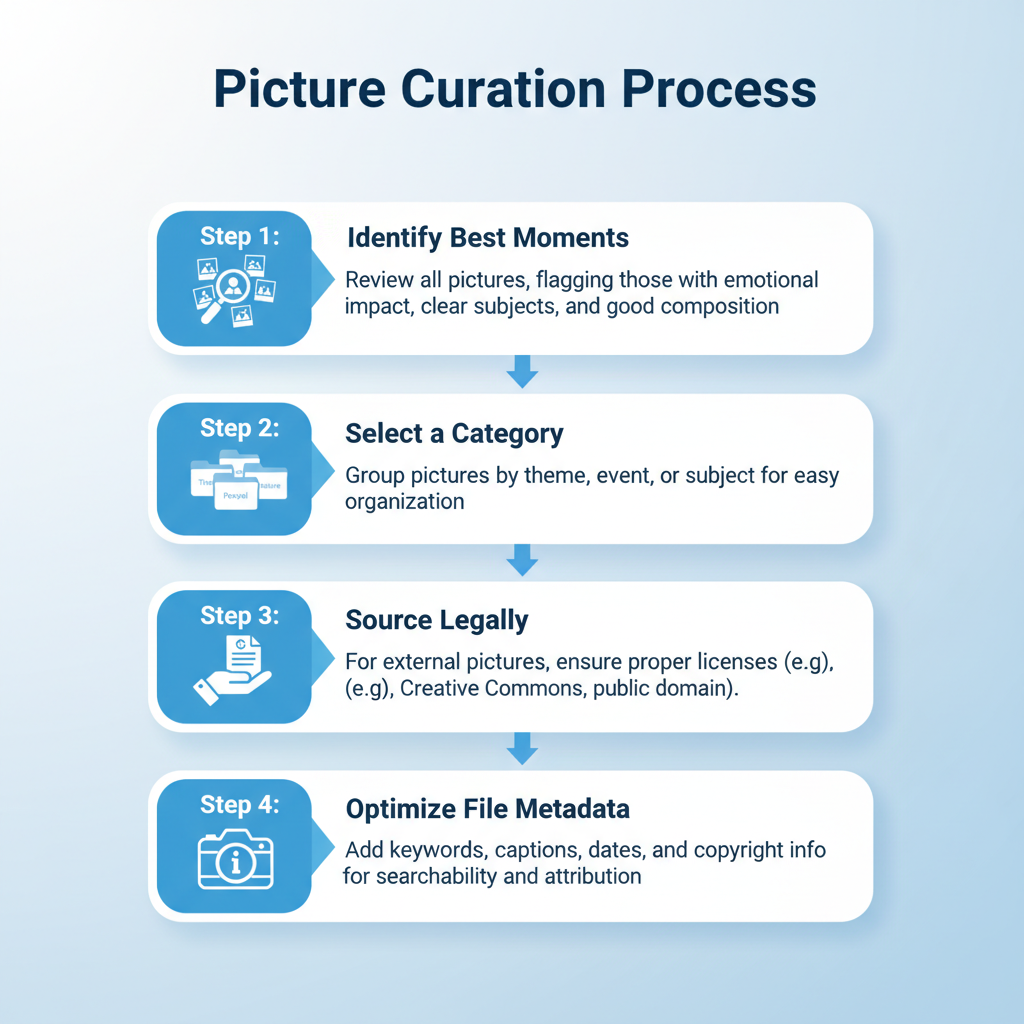
How to Curate Pictures of Best Moments and Events
Capturing and curating pictures of best moments is both a creative expression and a strategic marketing move. Whether you are a blogger, brand, or hobbyist photographer, assembling a collection of your most memorable visuals can boost engagement, strengthen emotional connections, and improve your online visibility. This comprehensive guide walks you through proven steps to curate images that tell compelling stories while performing well in search engines.

---
Defining “Best Moments”
The notion of “best moments” varies depending on audience interests and expectations. Clarifying this early ensures your curated pictures connect with viewers and invite interaction.
Categories of Best Moments
- Travel Adventures: Breathtaking landscapes, unique cultural snapshots, and memorable destinations.
- Food and Dining: Gourmet creations, street food gems, and cherished homemade recipes.
- Special Events: Weddings, birthdays, concerts, and festive celebrations.
- Milestones: Graduations, career achievements, anniversaries, and personal triumphs.
Knowing what matters most to your audience helps you select images with greater impact.
---
Choosing a Theme or Category
Concentrating on a specific theme keeps your gallery consistent and visually appealing.
Popular Themes
- Best nature photography of the year
- Best holiday pictures from past seasons
- Best cityscapes captured at golden hour
- Best family reunion portraits of the decade
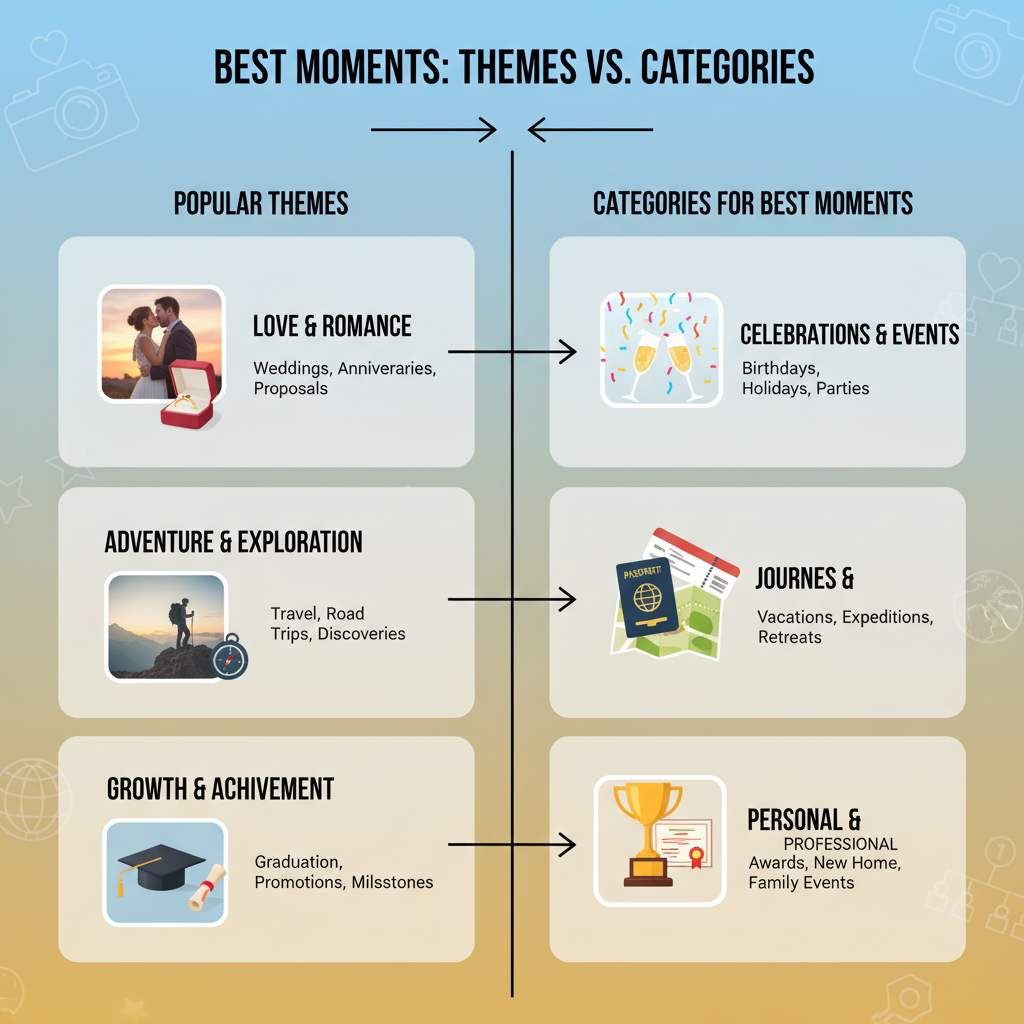
A defined theme streamlines your curation workflow and sets clear boundaries for mood, style, and subject matter.
---
Researching and Sourcing High-Quality Images Legally
Respect for copyright is essential in curating images to avoid legal risk and maintain credibility.
Strategies for Sourcing
- Stock Photography Websites: Shutterstock, Adobe Stock, Getty Images.
- Creative Commons Resources: Search using CC filters on platforms like Flickr and Wikimedia Commons.
- Personal Photography: Shoot your own “best moment” images for full rights and originality.
- Professional Collaborations: Partner with photographers or graphic artists for unique visuals.
Always follow license terms and give proper credit when required.
---
Optimizing Image File Names and Alt Text
Optimizing image metadata enhances search visibility and accessibility.
Best Practices
- Descriptive File Names: Replace generic names like `IMG_001.jpg` with `best-sunset-maldives.jpg`.
- Keyword Inclusion: Include “pictures of best” or relevant variations naturally in file names.
- Alt Text: Write concise, keyword-rich descriptions such as `Alt="Pictures of best family reunion moments"`.
Proper naming and alt text increase discoverability in search engines and support assistive technologies.
---
Creating Compelling Captions
Engaging captions provide context and coax emotional responses from your audience.
Tips
- Tell the Story: Explain the scenario, setting, and significance of the image.
- Use Sensory Language: Words evoking sight, sound, textures, scents, or feelings build immersion.
- Prompt Interaction: Ask questions that encourage comments, e.g., “What’s your favorite festival memory?”
---
Organizing Images into a Visually Appealing Gallery Layout
An orderly layout improves viewer experience and navigability.
Common Layout Types
| Layout Type | Pros | Cons |
|---|---|---|
| Grid | Clean, easy navigation | Less creative flair |
| Masonry | Visually dynamic | Can feel chaotic if not balanced |
| Carousel | Highlights each image individually | Limits visible images at once |
---
Using Image Compression for Fast Loading
Speed impacts SEO rankings and user satisfaction; optimize images for quick loading without sacrificing quality.
Recommended Tools
- TinyPNG / TinyJPG: Simple drag-and-drop compression.
- ImageOptim (Mac) / RIOT (Windows): Bulk compression solutions.
- CDN Hosting: Deliver images via a content delivery network to minimize latency.
---
Integrating SEO-Friendly Metadata
Adding structured metadata to images helps search engines index your gallery effectively.
Key Metadata Elements
- Title Tags: Brief, keyword-infused image titles.
- Description Tags: Engaging summaries featuring the phrase “pictures of best.”
- Schema Markup: Use `ImageObject` schema for better indexing and rich results.
Example JSON-LD snippet:
{
"@context": "https://schema.org",
"@type": "ImageObject",
"contentUrl": "https://example.com/images/best-sunset-maldives.jpg",
"creator": "John Doe",
"creditText": "John Doe Photography",
"license": "https://creativecommons.org/licenses/by/4.0/",
"caption": "Pictures of best sunset in Maldives"
}---
Sharing Galleries on Social Media
Maximize your gallery’s reach by promoting across relevant social platforms.
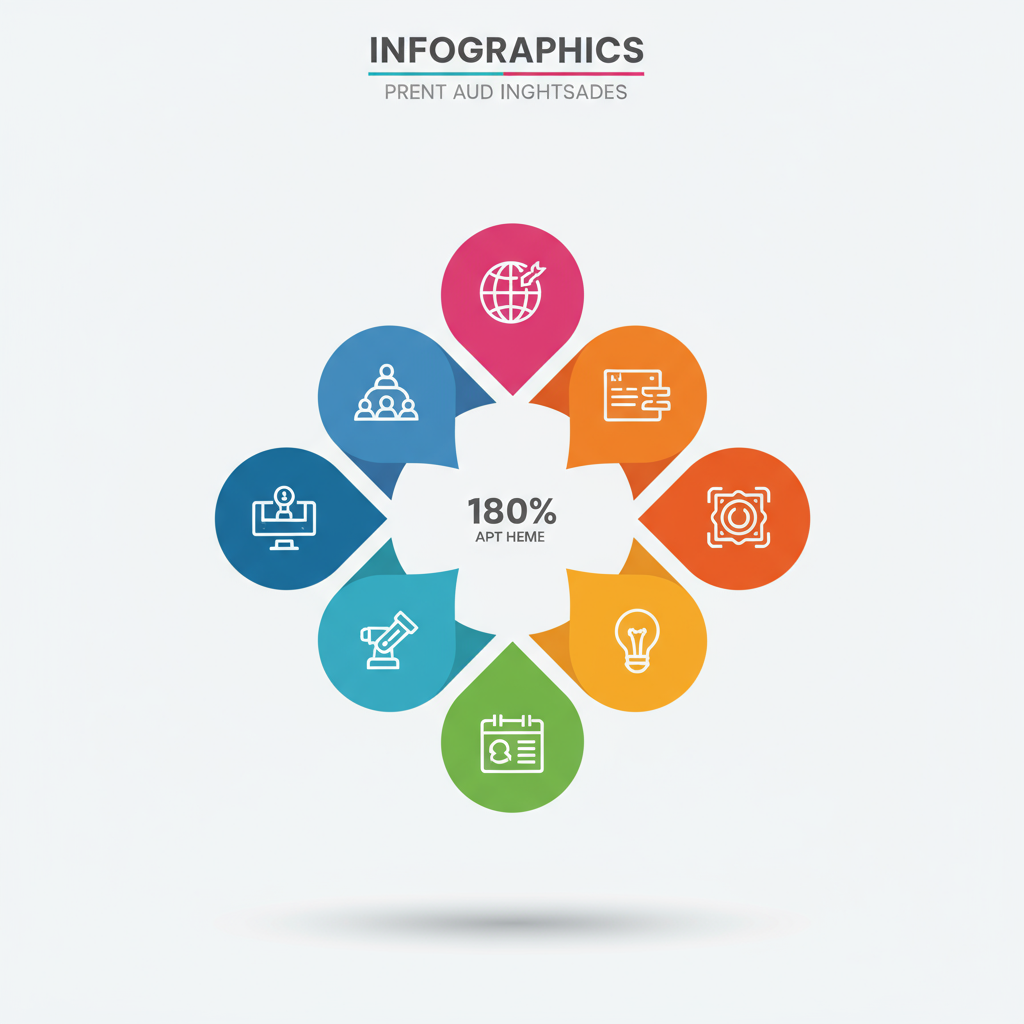
Promotion Strategies
- Seasonal Posts: Tie images to holidays or trending hashtags.
- Platform-Specific Optimization: Adapt crops and dimensions for Instagram, Pinterest, and Facebook.
- Stories & Reels: Present highlights in short, engaging formats.
---
Encouraging Audience Submissions
User contributions enrich your gallery and foster community engagement.
How to Encourage
- Photo Contests: Invite audiences to share their own “best moments.”
- Weekly Features: Showcase an exceptional follower’s image regularly.
- Branded Hashtags: Consolidate submissions and promote discoverability.
---
Updating and Rotating the Gallery
Routine updates keep your content fresh and relevant.
Maintenance Schedule
- Monthly: Add recent images from events or milestones.
- Quarterly: Replace underperforming visuals with new ones.
- Seasonally: Refresh galleries with thematic collections.
---
Tracking Engagement and Refining Selection
Data insights ensure your curated gallery resonates with your audience.
Engagement Metrics
| Metric | Tool | Insights Provided |
|---|---|---|
| Page Views | Google Analytics | Traffic levels and popular content |
| Social Shares | Buffer / Hootsuite | Reach and virality |
| Engagement Rate | Native Platform Analytics | Audience interest and interaction |
Analyzing these metrics allows consistent refinement of your image selection for maximum impact.
---
Final Thoughts
Curating pictures of best moments successfully requires the blend of artistry, audience insight, and technical know-how. By defining themes, sourcing high-quality visuals legally, optimizing for SEO, and actively engaging viewers, your gallery can evolve into a rich, living archive that celebrates memorable experiences. Keep content fresh through updates, measure engagement, and adapt your strategy to ensure lasting connections with your audience.
Ready to start curating your next gallery? Apply these techniques today to turn your collection of “best moments” into a compelling digital masterpiece.


